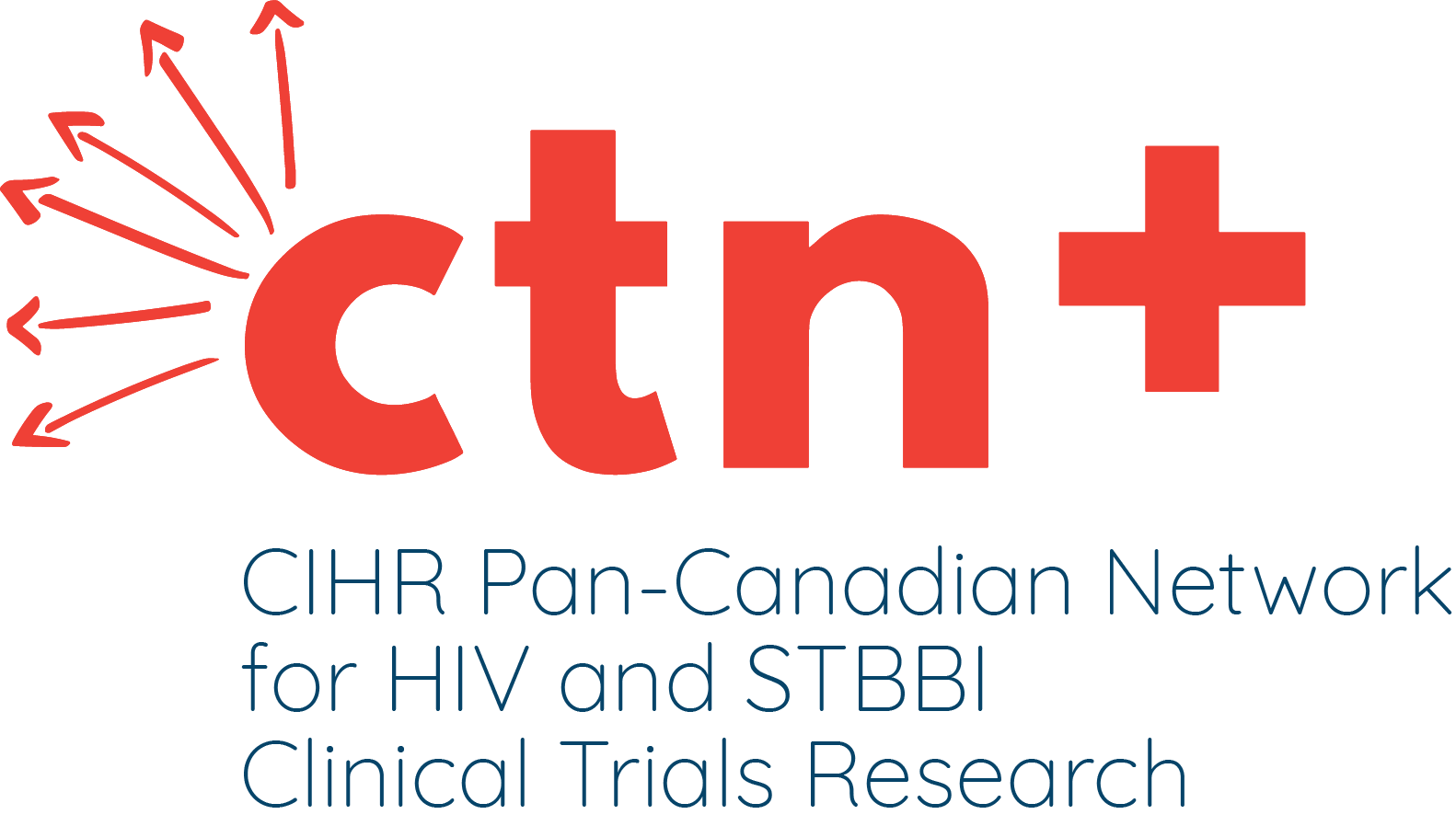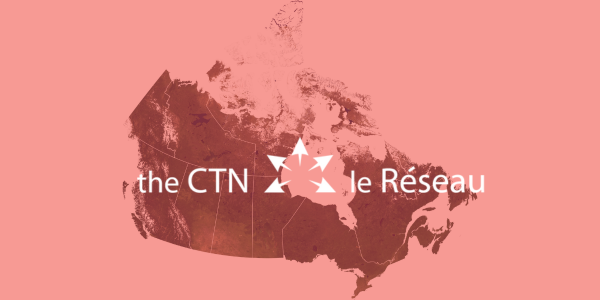This story starts in early 2014, a few months after my arrival in Canada as an international student pursuing a PhD in statistics. I left Europe in August 2013 as a seronegative person and was diagnosed with HIV in Montreal in January 2014. The diagnosis started my journey, from the depths of despair to an accomplished patient–researcher.

Dr. Serge Vicente
At the time of my diagnosis, I was convinced that HIV was still a death sentence. I didn’t even know that antiretroviral therapy (ART) existed. Luckily, I was referred to the Chronic Viral Illness Service at McGill University Health Centre in Montreal, where I met Dr. Bertrand Lebouché, who became my physician. From that point, I started the process of learning about HIV from the most basic concepts; I was a blank book ready to be filled. I learned about ART and how it can now successfully render HIV a chronic condition. But another obstacle appeared on the horizon: As an international student, I was not covered for ART in Canada and had to pay from my own pocket. This was impossible for me because as an international student I could not afford a monthly expense of $2,000 for medication. After months and months of countless attempts and unfruitful strategies, Dr. Lebouché was able to enrol me in a clinical trial to get access to HIV treatment. In December 2015, Dr. Lebouché’s research team asked me to be part of an HIV patient committee to provide feedback on their projects. The team was interested in my perspectives due to my expertise and experience of barriers to access to ART. During my collaboration as part of the patient committee, the research team discovered my expertise in statistics and asked me to join their team as a researcher, to help them with the quantitative analyses. In September 2016 as part of his SPOR Mentorship Chair in Innovative Clinical Trials in HIV, I officially joined Dr. Lebouché’s team, both as a mentee and research trainee. And so, a new character was born: The patient–researcher — a hybrid stakeholder, involved in research with double expertise as a person living with HIV and as a statistician. Since then, I’ve been involved in innumerable HIV research projects, where I give my feedback and contribute to peer-reviewed publications. In 2021, after finishing my PhD, I decided to go further. With the support of Dr. Lebouché, I applied for a CTN postdoctoral fellowship, which I obtained for a period of two years. For me, it represented the culmination of my journey to become a patient–researcher, and all the experience and expertise I acquired along the way.
Being a patient–researcher comes with many challenges. It is a step-by-step process that can take years. As I like to say: “Winning battles does not mean achieving full victory” — the process is not a smooth one, and I encountered many barriers along the way. It can be difficult to integrate the different parts of our lives — our social, academic, professional, and personal identities have the opportunity to interact, but they can also be in conflict and may resist as they overlap. Because of this tension, it is crucial to acknowledge the physical, psychological, emotional, and social impacts of living with HIV before getting involved in research. Some people have written that the contribution of patients in research can be questioned as being unrepresentative, invalid, and subjective. In my opinion, joining the CTN as a postdoctoral fellow is one of the best strategies to overcome these challenges and barriers. This enormous network and Canada-wide partnership of researchers and people living with HIV can give voice to people living with HIV, allowing them to express their expertise in a scientific and objective context. This is my experience. I see my fellowship as a sort of reward for my struggles since first learning about my HIV infection. It is a formal recognition of all my efforts to overcome the barriers to accessing HIV treatments, of all the knowledge I have gained. My fellowship allowed me to formalize my shift from a passive participant to an active contributor. Being in contact with so many health care professionals, researchers, and people living with HIV allowed me to further my knowledge and learn new details about HIV that are crucial to combatting misinformation and misconceptions about the virus. The CTN gives space to people living with HIV to be involved in research and even become postdoctoral fellows, as in my case. Formalized support of patient involvement in research helps fight the false accusations about lack of scientific credibility that people living with HIV can face.

Dr. Vicente presenting at CAHR 2023
My two-year journey as a CTN postdoctoral fellow helped me to consolidate my status as an HIV patient–researcher. It opened many doors to me and put me in contact with innumerable collaborators, from which I learned so much and with whom I gladly shared all the experience I have gained. Academically, it was a very productive period, where I was involved with many projects and publications. The most exciting moment of my postdoctoral fellowship was the CTN Symposium during the 2023 CAHR Conference in Quebec City. There, I presented all the research I have been involved with as a co-author. I also presented my own project, which I started to develop over this two-year period. Finally, I did my “coming out” as a patient–researcher, and I was pleasantly surprised by the positive feedback and reactions I got from the audience. This metamorphosis would have been impossible without my fellowship. Now that the journey is coming to an end, I can say that I am very proud of the person I am today, and I am at peace with my past and with my chronic condition as a person living with HIV. To carry on this positive experience and extend it to others, I encourage the CTN to continue involving people living with HIV in postdoctoral fellowships, as they did with me!






